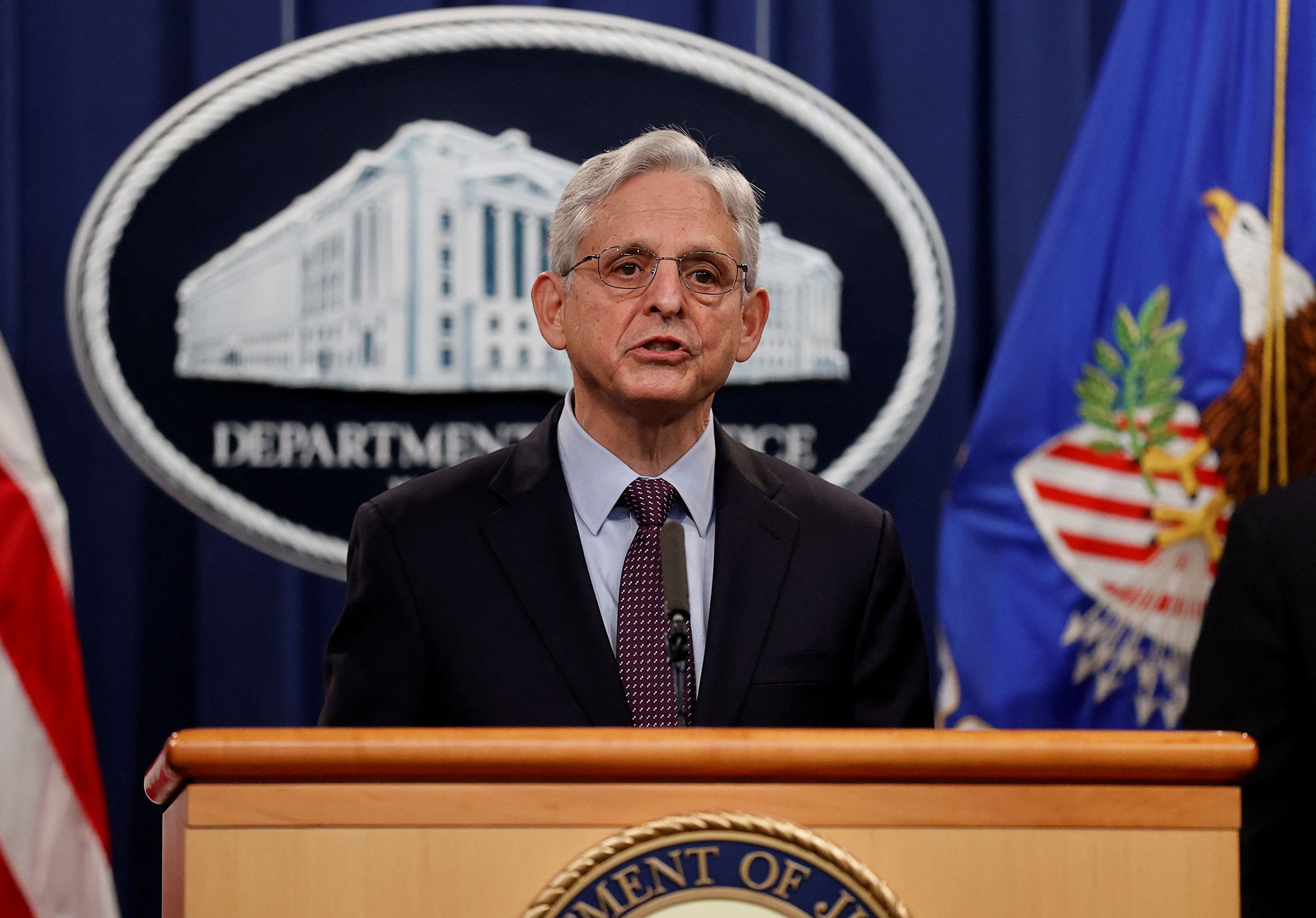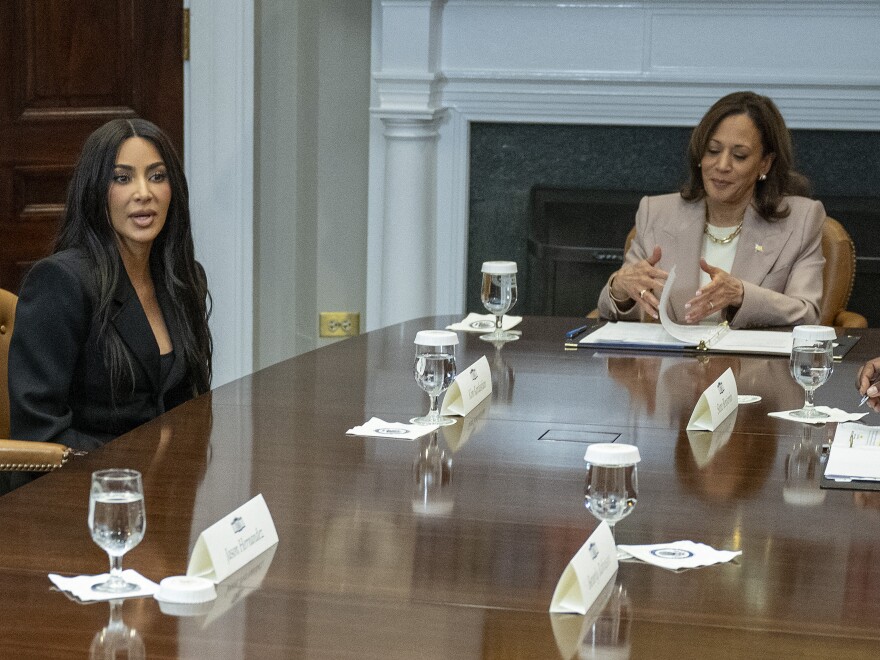In a shocking turn of events, federal arrests have decreased by 3% from FY 2022 to FY 2023, according to Federal Justice Statistics, 2023. While this figure might seem like a win for criminal justice reform advocates, it reveals much deeper issues within the justice system that continue to disproportionately impact marginalized communities.
Disparities in Arrest Rates Persist
Despite the overall decline in federal arrests, the statistics mask the ongoing disparities affecting different demographics. For example, Black and Latino communities continue to face higher arrest rates compared to their white counterparts. As reported by Bureau of Justice Statistics, these communities are often targeted due to systemic biases embedded within law enforcement practices.
Economic Inequality Fuels Justice System Failures
The interconnection between economic inequality and criminal justice cannot be overstated. A recent study from the University of Chicago highlights how economic inequality leads to democratic erosion, suggesting that when wealth is concentrated in the hands of a few, the voices of the many are silenced. This economic disparity feeds into the justice system, perpetuating cycles of poverty and incarceration in marginalized communities.

In speech, Garland says Jan. 6 prosecutions target those ...
Public Trust in Economists is Waning
According to a study published in Economists and Public Opinion, citizens show tepid trust in economists and their consensus on economic policy issues. This growing skepticism reflects a broader disillusionment with the systems designed to protect and uplift communities. If the public cannot rely on economic experts to advocate for equitable policies, how can we expect real reform to occur?
Workers" Rights and Economic Justice are Intertwined
The struggles for workers" rights and economic justice are deeply interconnected. Historical records from the Movement for Economic Justice reveal that issues like tax reform, welfare reform, and consumer concerns are not just economic issues—they are social justice issues. The failure to address economic inequality directly impacts the workers who are already marginalized, making it imperative for advocates to unite these movements for true reform.

Kim Kardashian visits the White House to highlight criminal justice reform
Impact of Economic Policy on Justice Reform
As economic policies continue to favor the wealthy, the justice system remains a tool for oppression rather than a means for rehabilitation. The recent findings indicate that economic inequality is a precursor to the erosion of democratic values and institutions. When economic disparities are allowed to thrive, they further entrench the very inequities that the justice system claims to address.
In a society that values justice and equality, the current state of the federal arrest statistics should serve as a clarion call for action. The implications of rising economic inequality and its effects on marginalized communities cannot be ignored. As advocates for justice and equity, holding our leaders accountable for these systemic failures must be our top priority.

![[Video] Anti-ICE Protester Pepper Sprayed as CBP Agents Disperse Crowd in Minneapolis](/_next/image?url=%2Fapi%2Fimage%2Fthumbnails%2Fthumbnail-1768260677127-y71sb7-thumbnail.jpg&w=3840&q=75)

![[Video] Several injured as U-Haul truck drives through Iranian protestors in Los Angeles](/_next/image?url=%2Fapi%2Fimage%2Fthumbnails%2Fthumbnail-1768176682028-q95y6j-thumbnail.jpg&w=3840&q=75)
![[Video] Scuffle breaks out between Trump supporters and Anti-ICE protesters in Times Square](/_next/image?url=%2Fapi%2Fimage%2Fthumbnails%2Fthumbnail-1768165958203-hgcgb-thumbnail.jpg&w=3840&q=75)


![[Video] Gunfire between Iraqi security forces and Sadr militias in Baghdad](/_next/image?url=%2Fapi%2Fimage%2Fthumbnails%2Fthumbnail-1768343508874-4redb-thumbnail.jpg&w=3840&q=75)
